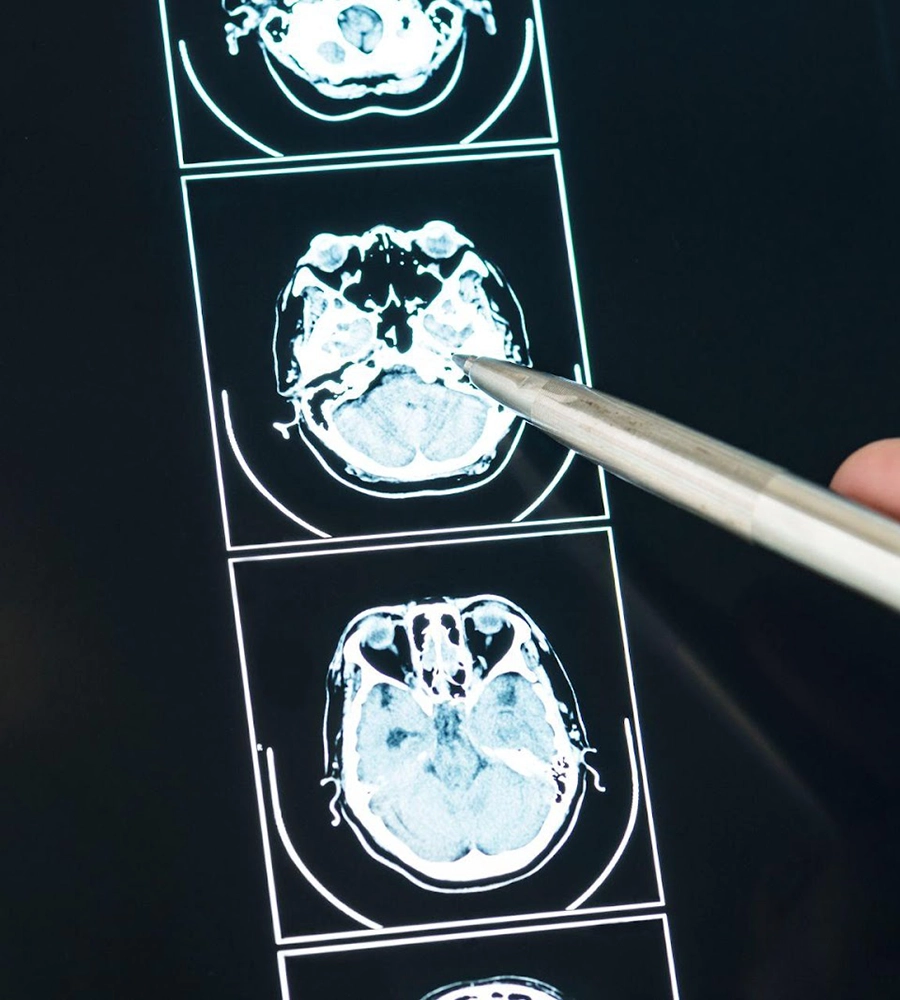One of the most dangerous medical disorders is brain injury, which frequently results in significant cognitive, emotional, and physical difficulties. Ventura, a scenic coastal city in Southern California, offers a blend of natural beauty and urban life. However, like many cities, it sees its share of brain injury accidents, whether from car crashes, falls, or recreational activities, making legal support crucial for victims seeking compensation and recovery.
Each type of brain injury presents unique challenges, with effects that may linger for months or become permanent. In situations involving legal and medical complexities, individuals in Ventura may benefit from the expertise of a Ventura brain injury lawyer to better understand their rights and options. Here, we will discuss the common types of brain injuries and their effects.
Traumatic Brain Injuries
The brain’s normal functions can be affected by traumatic brain injuries (TBIs), which violent movements, abrupt collisions, or shocks can cause. In mild situations, like concussions, there may be transient symptoms like headaches or confusion.
However, severe TBIs can result in long-term disability, such as mobility issues and cognitive dysfunction. Auto accidents and falls are prevalent causes of significant problems for individuals and their families.
Damage from Internal Causes
Acquired brain injuries (ABIs) are caused by non-external sources, in contrast to traumatic injuries. The brain’s natural functions get disrupted by illnesses like strokes, infections, or oxygen deprivation, which can have serious consequences.
For example, a stroke may cause partial paralysis or speech problems, while prolonged oxygen deprivation may cause irreversible brain damage. These injuries emphasize the importance of getting medical help as soon as possible.
Concussions
Though categorized as mild TBIs, concussions warrant close attention. Often caused by impacts to the head or rapid movements, they disrupt brain function temporarily but can have cumulative effects if recurrent.
Athletes in contact sports and individuals in high-risk professions are particularly vulnerable, with repeated injuries sometimes leading to chronic conditions like chronic traumatic encephalopathy (CTE).
Diffuse Axonal Injuries
High-speed accidents and severe rotational forces can lead to diffuse axonal injuries (DAIs), a condition where brain structures are torn or damaged. This type of injury often causes widespread disruption to neural communication, resulting in coma or long-term impairments. DAIs are particularly devastating because they are challenging to detect immediately and often result in severe, life-altering consequences.
The Varied Effects of Brain Injuries
- Physical: Brain injuries may cause various physical effects, including paralysis, impaired motor skills, and difficulty with coordination and balance.
- Cognitive: Significant cognitive abnormalities, like memory loss, trouble processing information, or difficulties with problem-solving and decision-making, can be brought on by brain trauma.
- Emotional: A lot of people who have had brain injuries also struggle with emotional issues, including anxiety, depression, or mood swings. These changes may significantly impact their relationships and quality of life.
- Behavioral: People with some kinds of brain injuries may behave differently, acting impulsively or engaging in inappropriate social activities. Such changes might result in relationship conflict and difficulty navigating society.
Final Thoughts
Brain injuries are complex and unpredictable, with effects that may last a lifetime. Researchers are progressing in understanding the brain and finding ways to treat these injuries, but much remains unknown. As such, seeking immediate medical attention when an injury occurs is crucial, as is working closely with healthcare professionals to manage potential long-term effects.







